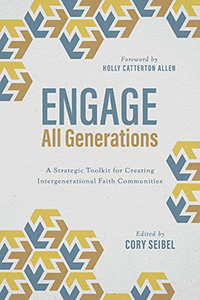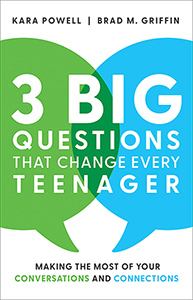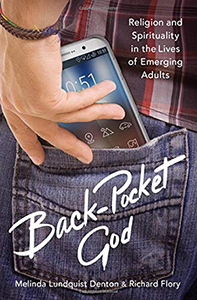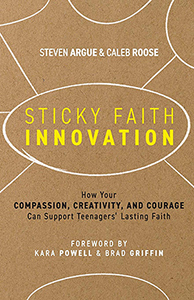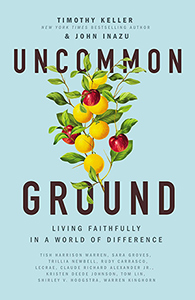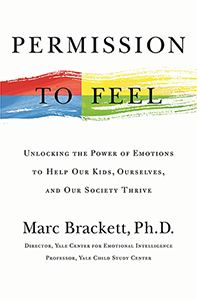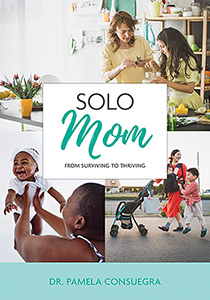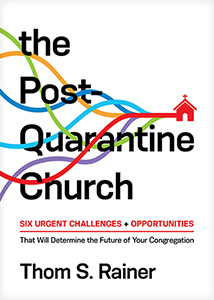Book Reviews
In order to be effective in ministry to youth and young adults it is important to be reading books that are currently relevant to the culture we live in. This webpage is dedicated to the advancement and continued education of youth and young adult leaders. Each month we will be posting book reviews that have been provided by Adventist youth professionals. These are books that have been published recently—within the past few years. We encourage you to read through the page book reviews. This will help you determine if you would want to get one of these books for more in-depth learning or read another current book that may not be listed here. Happy reading – happy learning!
Note: if you are interested in providing a book review please email Dr. Steve Case.
Engage All Generations: A Strategic Toolkit for Creating Intergenerational Faith Communities Edited by Cory Seibel. Abilene Christian University Press: Abilene, TX. 2021. Total pages: 239.
In the past few decades, leaders in youth ministry have seen their target group enlarge to include two age segments: youth (teens) and young adults (post-high school or 20-somethings). Those in children’s ministry rarely receive professional status even though all people get shaped profoundly during this stage (or stages) of life. But the new perspective of an Intergenerational Church harkens back to pre-Industrial Revolution times (about the beginning of the United States as an independent country). This resurgence, fueled largely by leaders in children’s ministry and youth ministry, aims to include all generations mutually interacting for the purpose of spiritual growth and community/fellowship.
Read Full Review
3 Big Questions That Change Every Teenager: Making The Most Of Your Conversations And Connections by Kara Powell and Brad M. Griffin. Baker Books: Grand Rapids, MI. 2021. Total pages: 294.
Fuller Youth Institute (FYI) provides resources for youth ministry practitioners by turning academic research into practical guides. Kara Powell and Brad Griffin took on the enormous task of dissecting the theory of development while pairing it with teen discipleship research.[i] Tacitly, they modeled the inseparability of both. Remarkably, the research took 2200 surveys, 27 in-depth interviews and a robust literature review, all completed over a two year period.
Read Full Review
Back-Pocket God: Religion and Spirituality in the Lives of Emerging Adults by Melinda Lundquist Denton and Richard Flory. Oxford University Press: New York, NY. 2020. Total pages: 247.
Back-Pocket God presents the results and analysis for the last year of the The National Study of Youth and Religion (NSYR), a 10-year longitudinal research project of youth in the Unites States. Originally this study engaged 3,370 representative 13-17 year-olds and their parents in 2002-2003. In addition, researchers personally interviewed 267 of the teens to add more texture to their findings. You may have read about this in the 2005 publication Soul Searching by Christian Smith and Melinda Lundquist Denton (Smith’s doctoral student at that time at the University of North Carolina at Chapel Hill). In the first publication Smith created the term “moralistic therapeutic deism” to describe the generic religion of most American teens. This included a belief in some type of deity not too involved in one’s life except when you needed it to make sure you are happy, having an internal sense of right and wrong without being able to articulate it, and an expectation that good people go to heaven when they die. A second wave of research in 2005 yielded Souls in Transition, and then the third wave in 2008 reported its findings in A Faith of Their Own. Following these same teens (and some now in their 20s), Smith and his team surveyed thousands and personally interviewed hundreds of these young people.
Read Full Review
Handing Down the Faith: How Parents Pass Their Religion on to the Next Generation by Christian Smith and Amy Adamczyk. Oxford University: New York, NY. 2021. Total pages: 244.
Both the title and subtitle grab the attention of many parents and religious leaders, especially those concerned about not passing on their faith to the next generation. While transmitting one’s faith to the next generation can’t be guaranteed, most would like to “stack the deck” in their favor. The concern seems to be perpetual rather than new. For example, Roger Dudley’s Passing on the Torch: How to Pass Your Spiritual Values on to Your Children and Teens carries a publication date of 1986 from the Review and Herald Publishing Association.
Read Full Review
Sticky Faith Innovation by Steven Argue and Caleb Roose. Fuller Youth Institute. Pasadena, CA. 2021. 270 pages.
When was the last time you had a “good idea” and tried it in youth ministry? How did it go? Truth be told, not every idea we have is a good one, right? And yet we still need to bring creativity into the intersection of teens’ lives and the story of Jesus. What if you had a process—a way to help you and your team be more creative, to minister to young people in ways that were more … innovative. And what if this innovation helped you/your team/your teens become more of who God wants us to be? Does this interest you?
Read Full Review
Uncommon Ground: Living Faithfully in a World of Difference edited by Timothy Keller and John Inazu. Thomas Nelson: Nashville, TN. 2020. Total pages: 199.
“Are you for us or against us?” Such a question might not be said outright, but the current climate, at least in America, keeps this close to the surface. Whether the issue is race, politics, sexual identity, immigration, pandemic attitudes and practices, or economic policy and hierarchy, we seek solidarity while we live in a world of differences. Social media pushes this exponentially.
Read Full Review
Permission To Feel: Unlocking The Power Of Emotions To Help Our Kids, Ourselves, And Our Society Thrive by Marc Brackett. Celadon Books: New York, NY. 2019. Total pages: 292.
Society has recognized the value of the Intelligent Quotient (IQ) in academics, job placements and assessments of intellectual disabilities. On the other hand, Emotional Intelligence (also known as Emotional Quotient—EQ) is an emerging science contending for a place of its own among scholars and even demonstrating, arguably, a more relevant role in predicting professional success (215). The same can be said at home and school, “30 percent of elementary and middle school students now experience adjustment problems severe enough to require regular counseling. In economically disadvantaged schools, this runs as high as 60 percent” (14). Higher levels of EQ are correlated with lower levels of stress, higher levels of job satisfaction, and a more fulfilled life overall.
Read Full Review
Solo Mom: From Surviving to Thriving by Pamela Consuegra. AdventSource: Lincoln, NB. 2020. Total pages: 121.
It’s reality—single moms. For some, this came about because of an untimely death of their partner. For many, divorce or separation or desertion has left a mom playing the role of both parents. An increasing number of moms simply have never married, and the biological father may, or may not, be in the picture. With 15 million single pa5ent homes in the United States, and more than 80 percent of these led by single moms, you likely know some, or maybe you are one in this large demographic.
Read Full Review
Solo Dad: From Surviving to Thriving by Claudio Consuegra. AdventSource: Lincoln, NB. 2020. Total pages: 135.
No one expects that solo dads will ever be solo moms, and vice versa. Drs. Claudio and Pamela Consuegra, co-directors for family life for the North American Division, wrote separate books on this topic. Each wrote specifically for those of their respective gender—single mom or single dad. As mentioned already in the book review for Solo Mom, the material would be helpful for all people, not just single moms or, in this case, single dads.
Read Full Review
The Post-Quarantine Church: Six Urgent Challenges + Opportunities That Will Determine the Future of Your Congregation by Thom S. Rainer. Tyndale. Carol Stream, IL. 2020. Total pages: 111.
With no claim of a magical, Christian crystal ball, Thom Rainer believes some handwriting has already been written on the walls. Even though many people maintain a wait-and-see posture regarding ministry during and after the coronavirus pandemic, those who venture forward are the ones most likely to capitalize on the next chapter of life as it unfolds. Admittedly, there will be mistakes and miscues, but several things indicate trajectories that pastors and congregations can note right now.
Read Full Review
